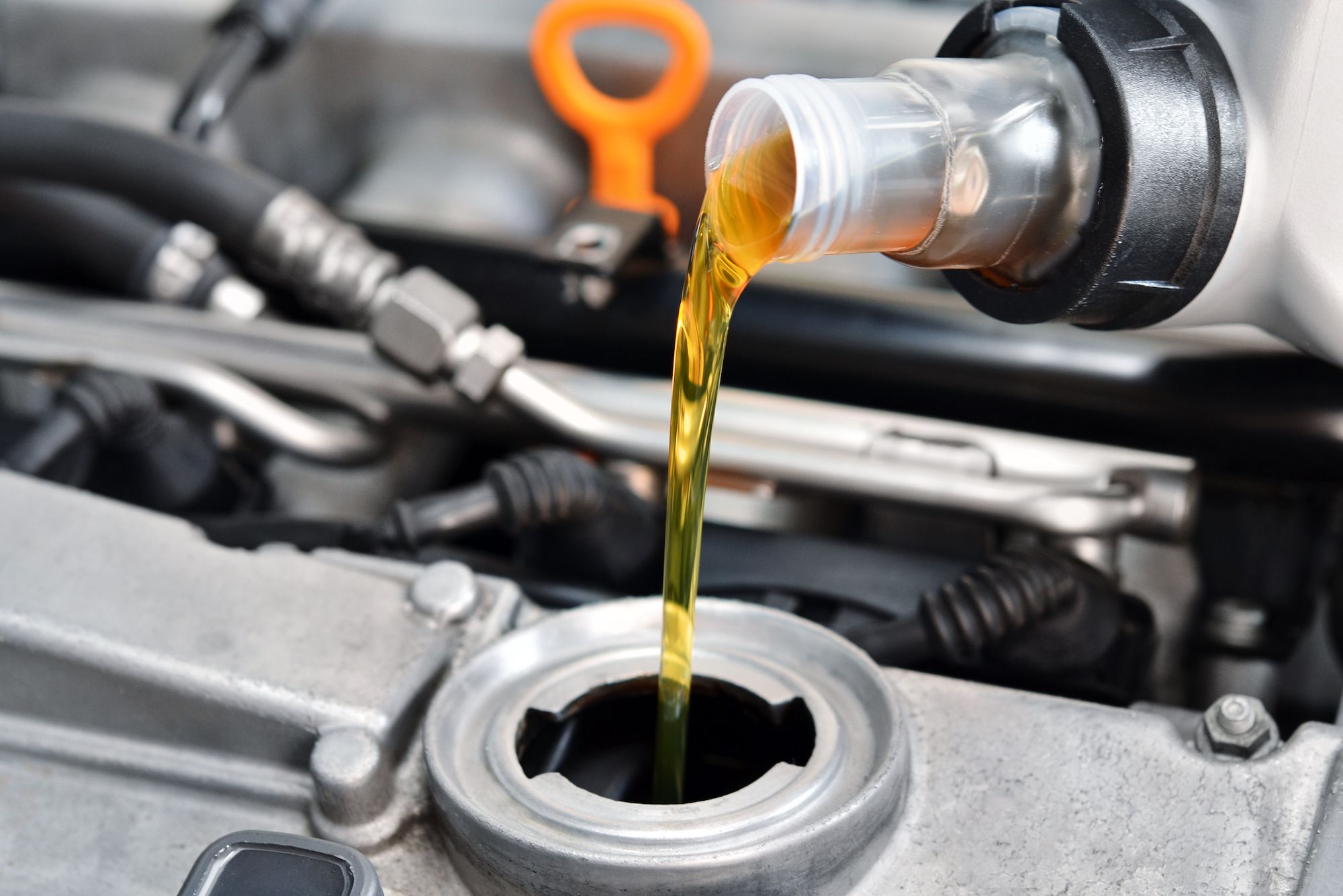All Categories
Featured

Modern vehicles are geared up with sophisticated engine control systems (ECUs) that monitor and manage different parts of the engine. These systems can find troubles prior to they become noticeable to the chauffeur, which is where engine diagnostics enter into play. Engine diagnostics is an effective device that allows technicians to recognize problems early, assisting protect against significant repair services and guaranteeing the durability of your lorry. Below's exactly how engine diagnostics job and why they are necessary for maintaining your cars and truck's wellness.
- What Are Engine Diagnostics? Engine diagnostics refer to the procedure of utilizing specialized devices to analyze the efficiency and monitor of a vehicle's engine. The diagnostic system within a car accumulates information from sensors situated throughout the engine and other vital components, such as the transmission, exhaust, and gas system. This data is after that processed by the automobile's onboard computer system, which can detect breakdowns or abnormalities.
Auto mechanics can connect an analysis tool, usually an OBD-II (Onboard Diagnostics) scanner, to your vehicle's ECU to recover error codes and real-time information. These codes show specific areas where the engine or various other parts may be experiencing issues, also prior to alerting lights or performance adjustments are obvious to the chauffeur.
- Determining Problems Early. Among the most significant benefits of engine diagnostics is the ability to determine problems early, often before they intensify right into major problems. Small issues, such as a misfiring stimulate plug, a malfunctioning sensing unit, or an inefficient gas injector, can progressively worsen if left uncontrolled. Nonetheless, with very early discovery with engine diagnostics, mechanics can address these small issues prior to they cause substantial damages.
For instance, if a sensing unit spots that the engine is running also lean or rich (also much or as well little gas), this could cause boosted wear on engine parts or inadequate fuel effectiveness. By detecting this early, the auto mechanic can change the air-fuel combination, preventing pricey repair work in the future.
- Protecting Against Engine Damage. In time, issues with the engine's parts, such as the timing belt, exhaust system, or cooling system, can result in extreme damage if not resolved promptly. A getting too hot engine due to a stopping working radiator or water pump can cause considerable interior damage, such as warped cyndrical tube heads or a blown gasket. Detecting concerns early through the engine diagnostics system can stop these situations from proceeding to disastrous engine failure.
The diagnostic system can likewise discover concerns with the exhaust system, such as a malfunctioning catalytic converter, which could cause inadequate engine efficiency and ultimate engine damages otherwise fixed.
- Reducing Fixing Prices. By identifying and dealing with small issues early, engine diagnostics can conserve you substantial cash on repair work. Fixings tend to be much less intricate and more budget-friendly when troubles are captured early. Changing a faulty oxygen sensing unit or cleansing a clogged up gas injector is relatively affordable compared to replacing an entire engine due to neglect.
Additionally, engine diagnostics help protect against unneeded repair work by determining the specific source of the issue. Without diagnostics, auto mechanics may need to perform considerable testing and trial-and-error methods to identify the problem, which can boost both time and cost.

- Improving Vehicle Efficiency and Efficiency. Another benefit of routine engine diagnostics is that it helps enhance your vehicle's efficiency and fuel performance. If the engine is running efficiently and all systems are functioning ideally, you will certainly experience better acceleration, smoother driving, and boosted gas economic climate. Engine diagnostics can reveal problems such as a clogged air filter, a malfunctioning mass air flow sensor, or a damaged trigger plug that might prevent your vehicle's efficiency.
For instance, a malfunctioning thermostat can trigger your engine to get too hot or not reach its optimal operating temperature. An analysis scan will certainly assist determine this issue early, stopping overheating and ensuring your lorry runs at its ideal.
- Why Normal Diagnostics Issue. While many vehicle drivers might consider engine diagnostics as something to do only when the "check engine" light shows up, normal diagnostics need to be component of regular vehicle upkeep. Many vehicle service center and dealerships use diagnostic checks as part of an annual service or tune-up. Routine diagnostic scans help catch problems prior to they create noticeable symptoms or malfunctions, inevitably stopping major repair work in the future.
It is also worth keeping in mind that if you're preparing to sell or trade-in your car, having a current engine diagnostic record can be beneficial. Possible customers or car dealerships may be much more likely to supply a greater trade-in value or acquisition rate if they understand the automobile has been cost-free and properly maintained of major engine issues.
- Verdict. Engine diagnostics play an important function in keeping your car running successfully and avoiding costly repairs. By identifying problems early, avoiding engine damages, reducing repair costs, and enhancing efficiency, engine diagnostics guarantee your cars and truck remains reliable for several years ahead. Normal analysis checks as part of your car's regular maintenance will assist you catch little problems before they establish right into major fixings, providing you assurance on the roadway and protecting your financial investment.
Latest Posts
Seamless Light Weight Aluminum Gutters: The Smart Choice for Your Home
Published May 28, 25
1 min read
Shield Your Home with Quality Residential Roof Covering
Published May 24, 25
1 min read
How Chicago Drivers Prefer Montclare Auto Repair for Reliable Service and Great Savings
Published May 23, 25
1 min read
More
Latest Posts
Seamless Light Weight Aluminum Gutters: The Smart Choice for Your Home
Published May 28, 25
1 min read
Shield Your Home with Quality Residential Roof Covering
Published May 24, 25
1 min read
How Chicago Drivers Prefer Montclare Auto Repair for Reliable Service and Great Savings
Published May 23, 25
1 min read